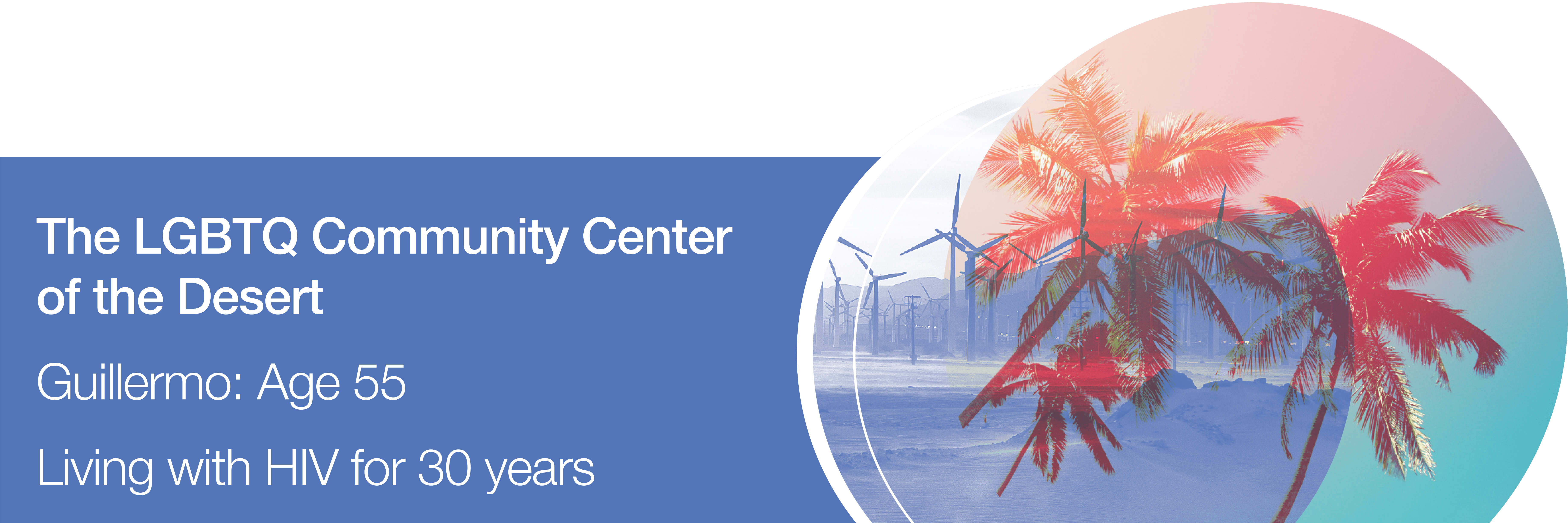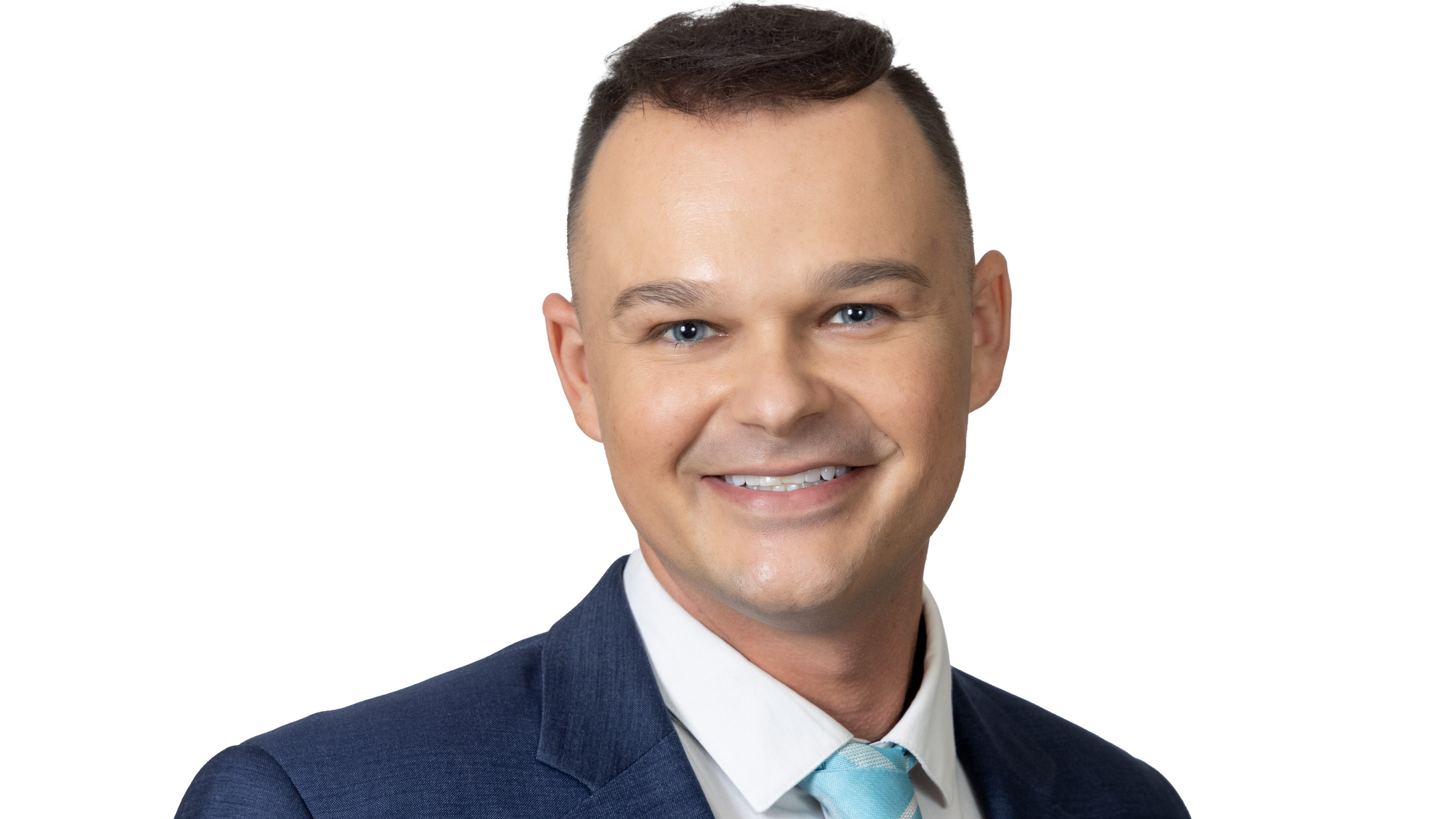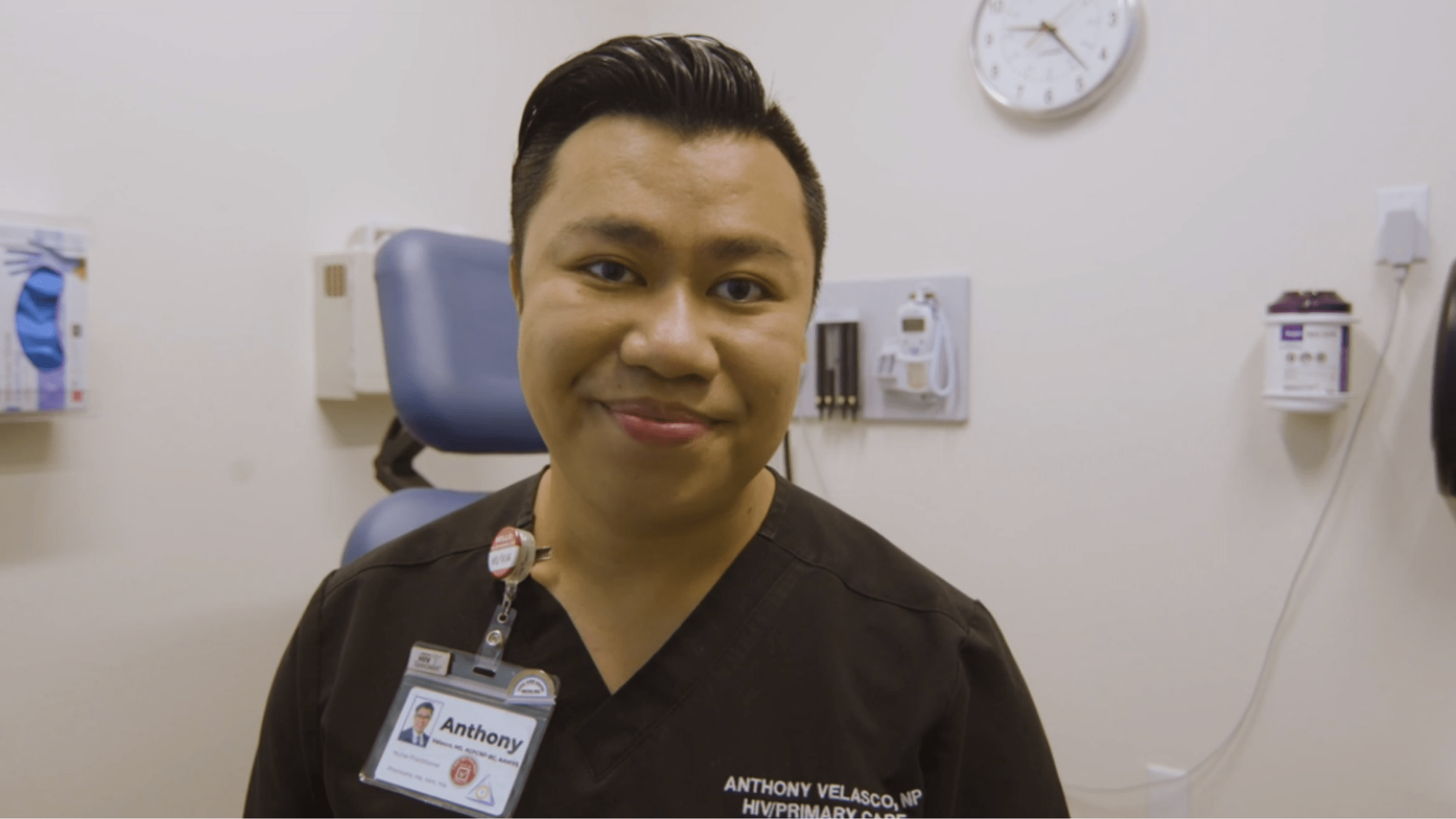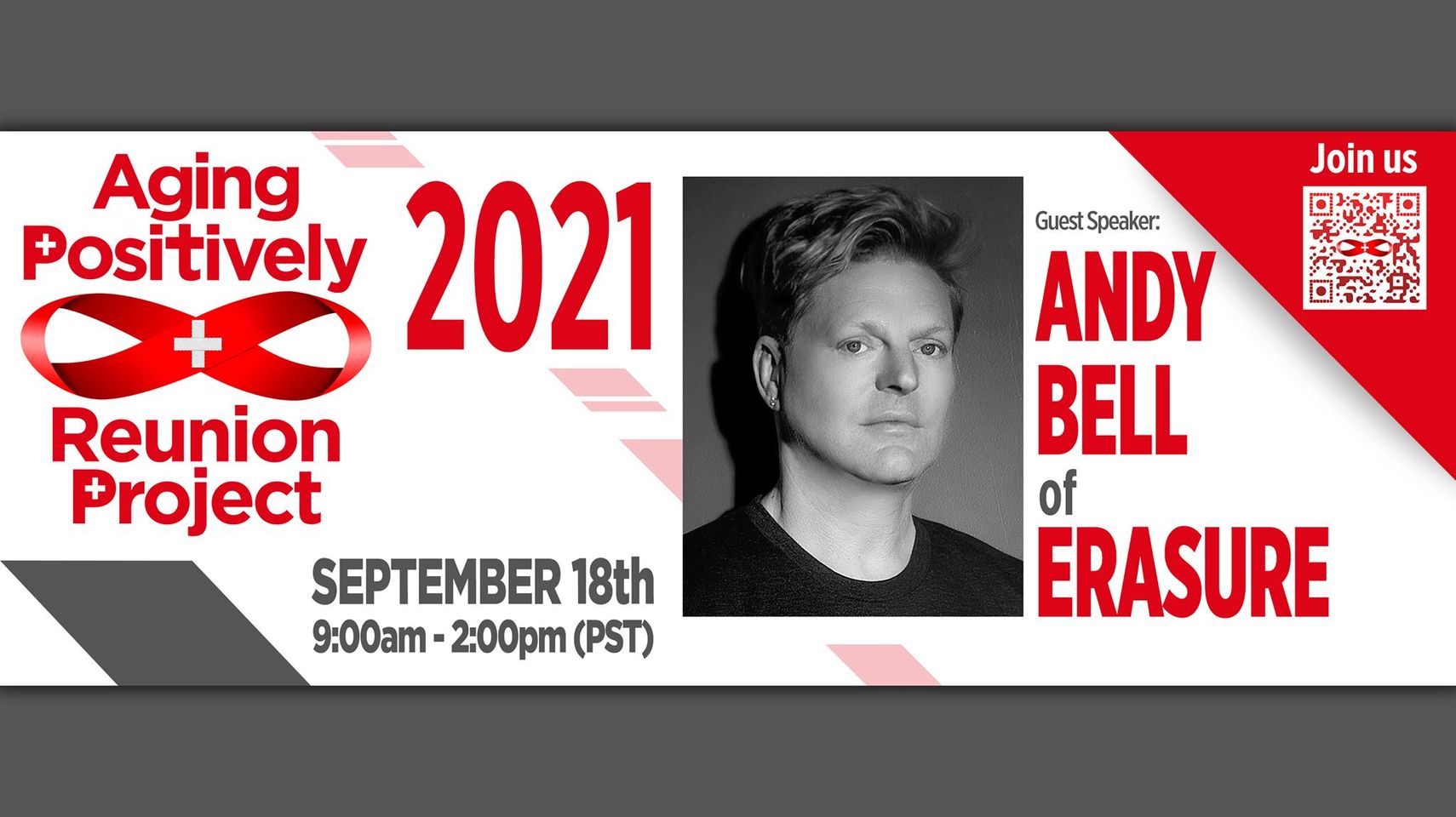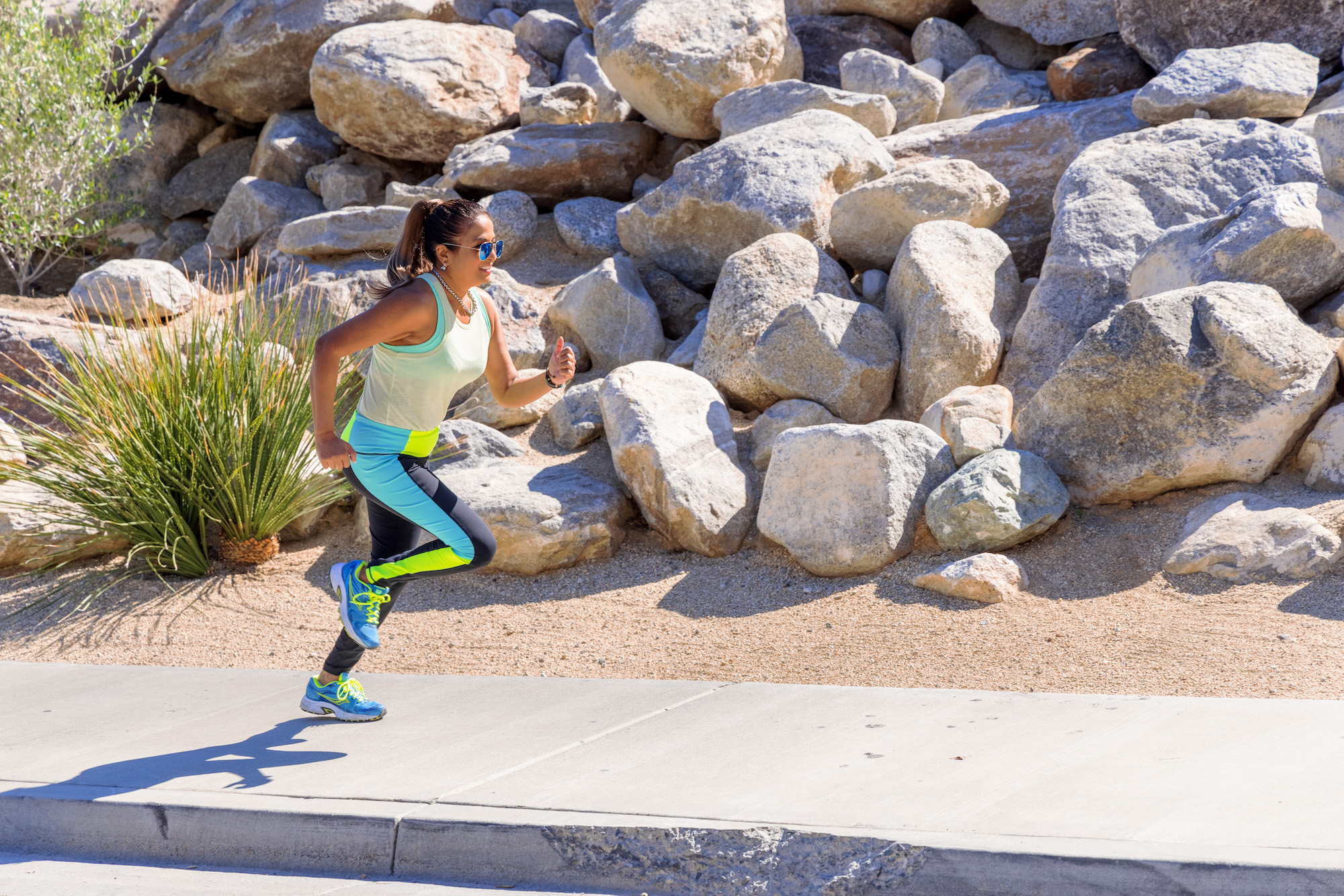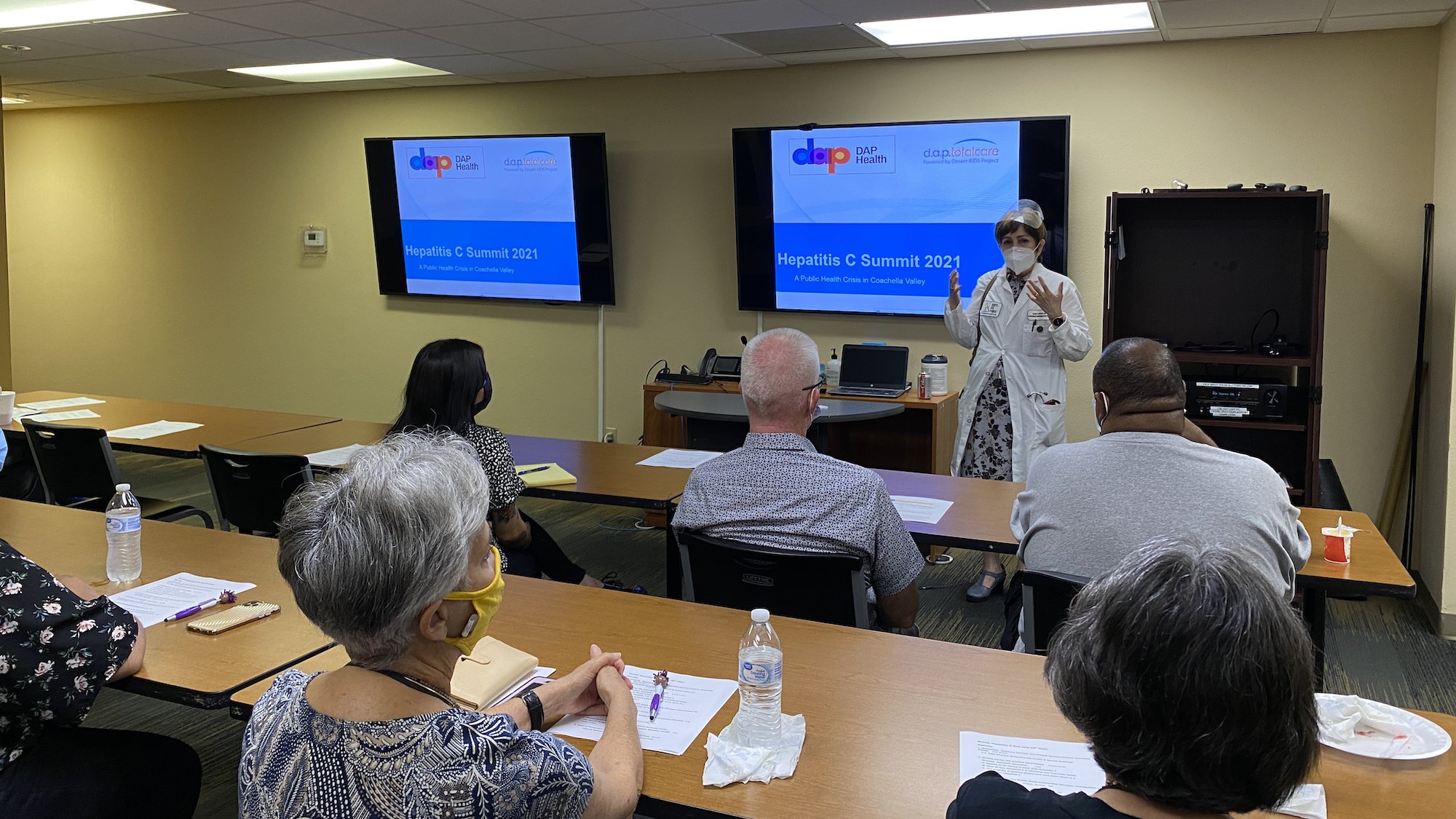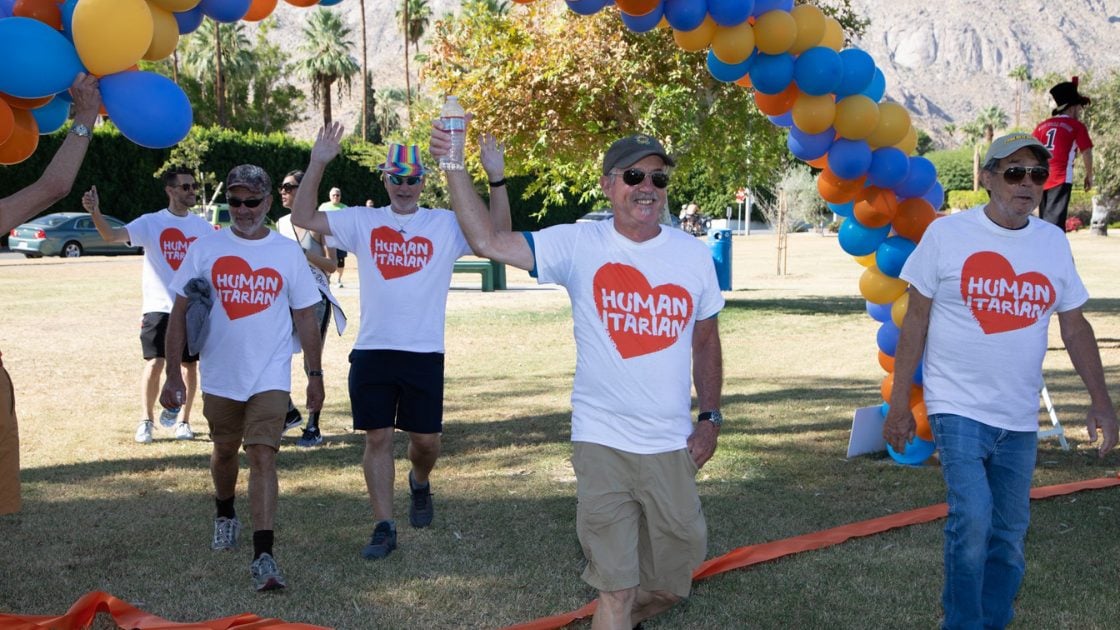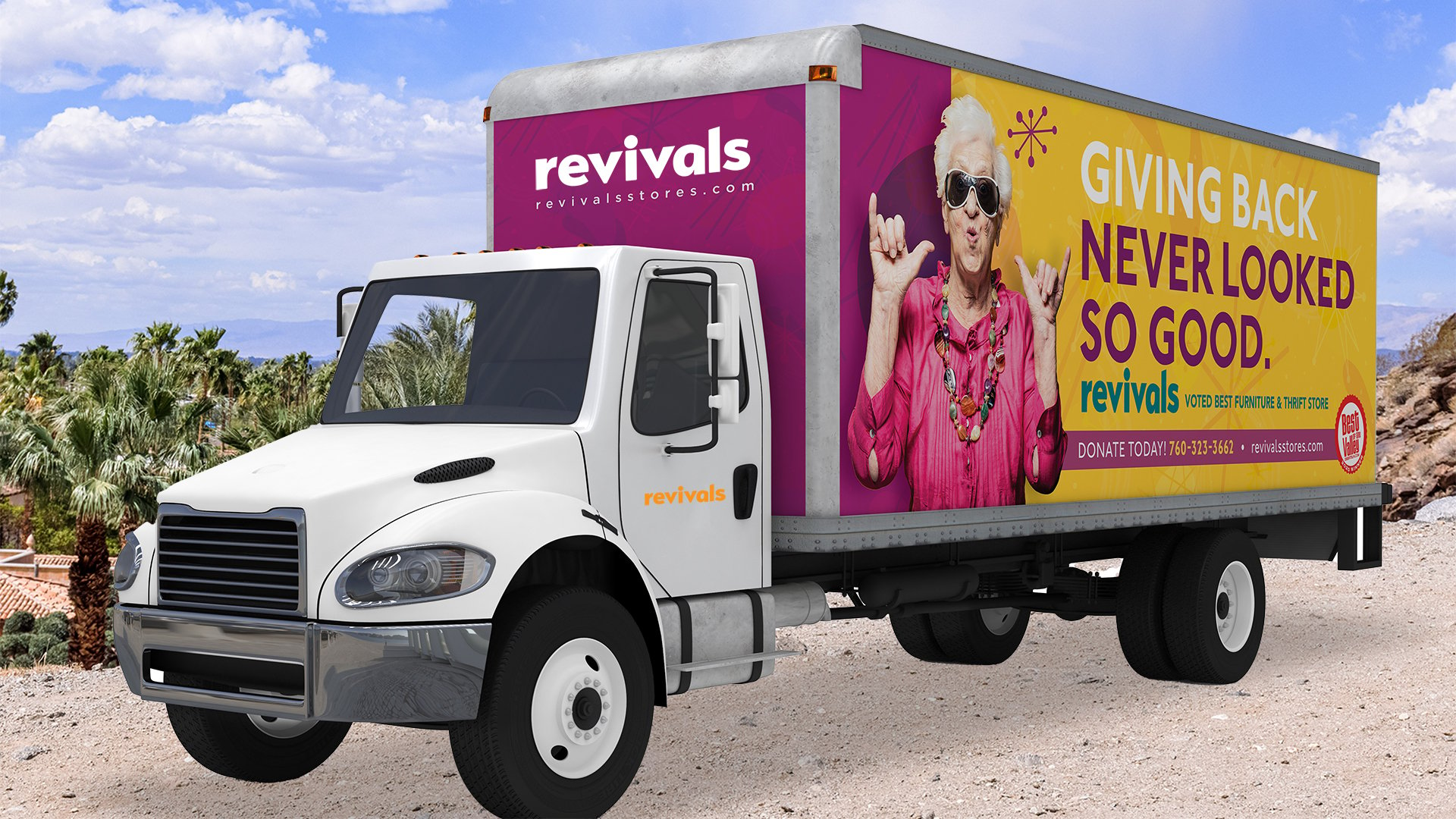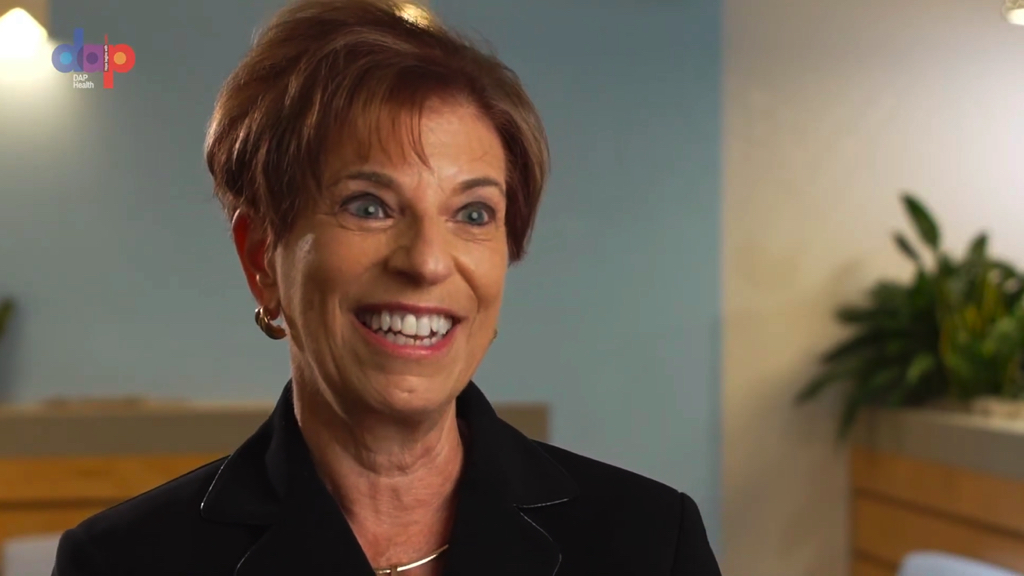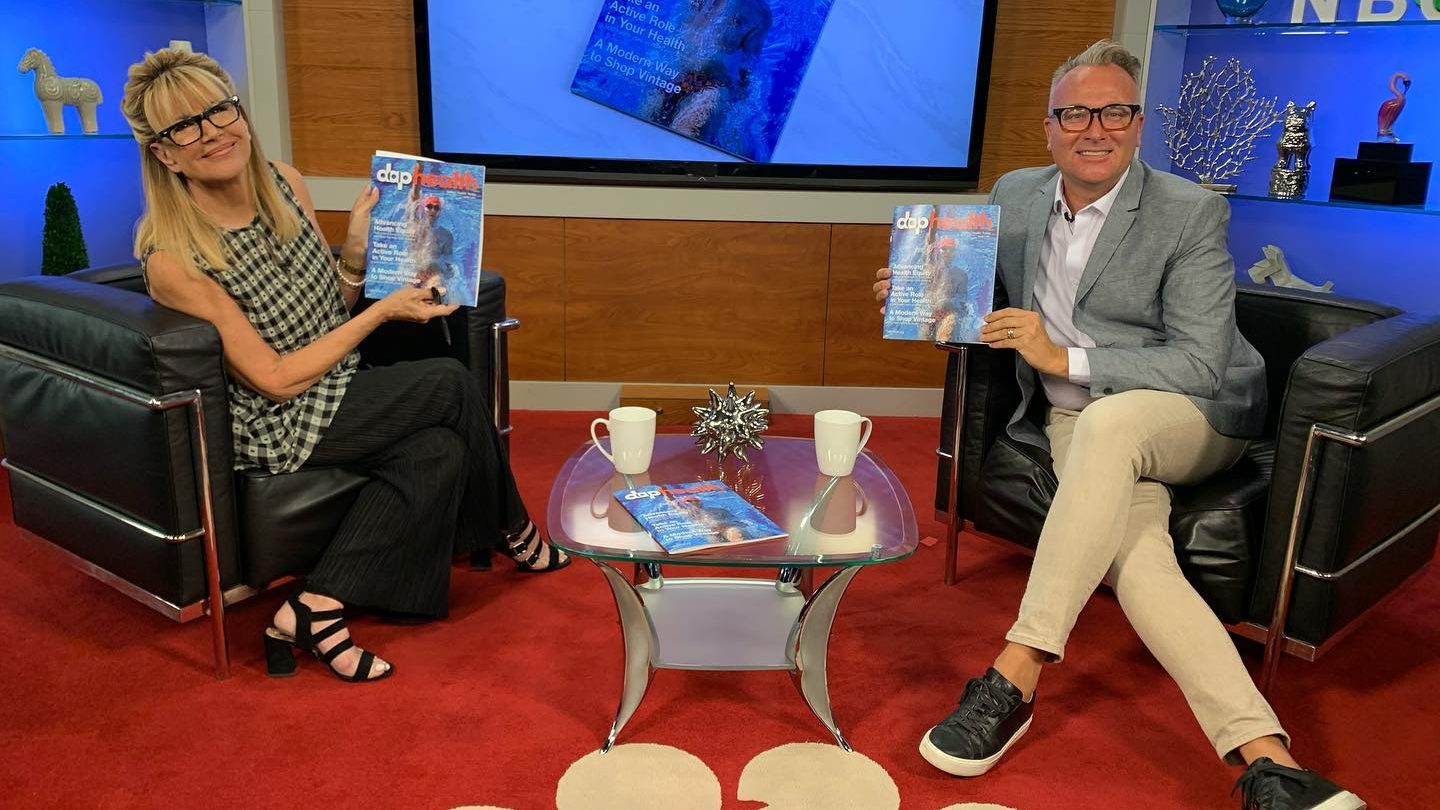
DAP Health magazine helps community members live their best life
By David Brinkman
DAP Health has published the first edition of our new magazine.
The publication is a gift to our community. We want to make it easier for you to find the information you need to live your best life. While we put a great deal of time into publishing content online, we know that many of you are making a greater effort to manage your screen time by unplugging and curling up with a great book or periodical. If you can relate to that kind of self-care, our new magazine is for you.
We've been committed to health care equity since our beginning in 1984. We've worked to remove the barriers to underserved communities that keep them from receiving the care they deserve. In the magazine’s first edition, we explore how shame and a deep sense of unworthiness prevent many from asking for help.
You'll find a nod to our history in our story about Les Dames, the drag duo that supported us in our early efforts to combat the AIDS crisis. Before the LGBTQ+ community had economic or political power, drag queens proudly lip-synced for dollars that were then donated to fund our community wellness program. Douglas Woodmansee and Marshall Pearcy are two such early heroes, and our new wellness lobby celebrates that history.
In the story "Take an Active Role in Your Health,' you'll learn more about the clinicians serving our community in a story photographed by Mark Davidson. He's the same photographer who created the images for the dozens of Les Dames posters hanging in our lobby.
And we've got news to share about Revivals, the resale and new furniture store that raises more than $1 million a year to help fund the comprehensive care provided at DAP Health.
Everyone deserves wellness, and we hope our new magazine is a tool you can use for better health today.
Pick up a copy today at DAP Health clinics; the Palm Springs Chamber of Commerce; Arenas Road in Palm Springs; and at Revivals stores in Palm Springs, Cathedral City, Palm Desert, and Indio.










